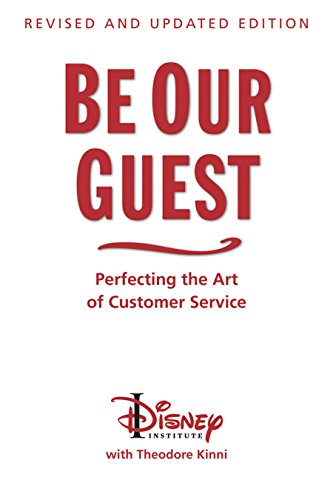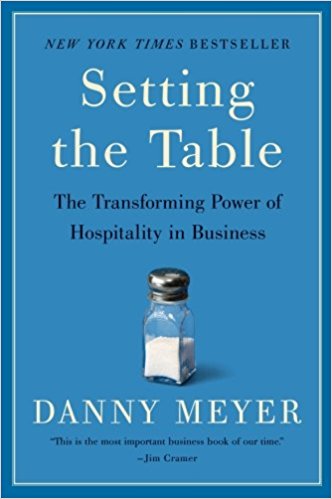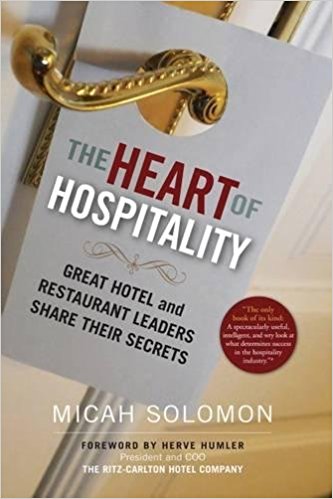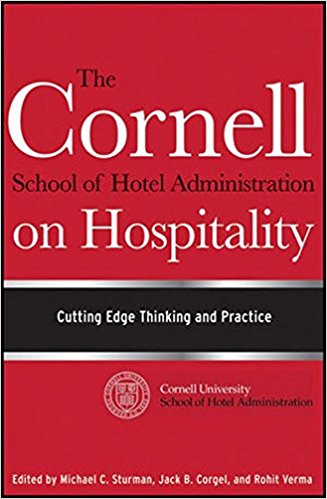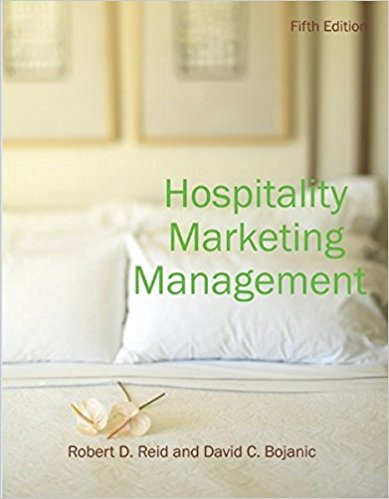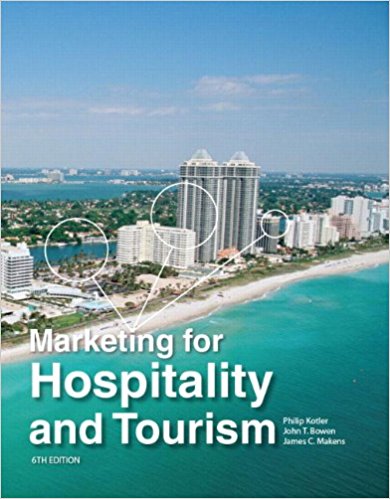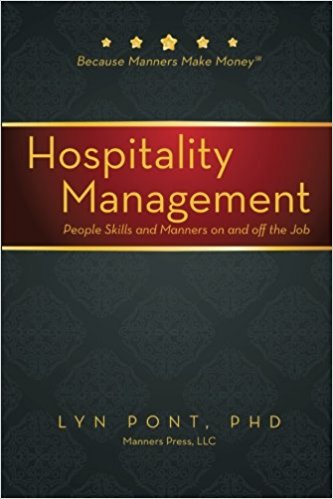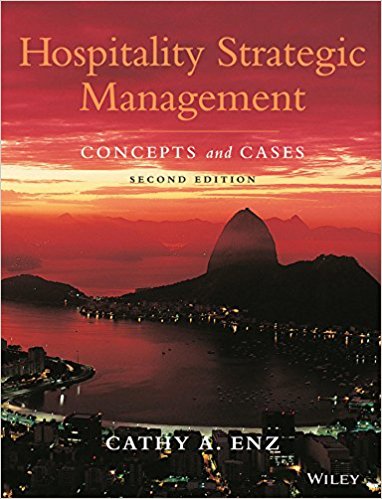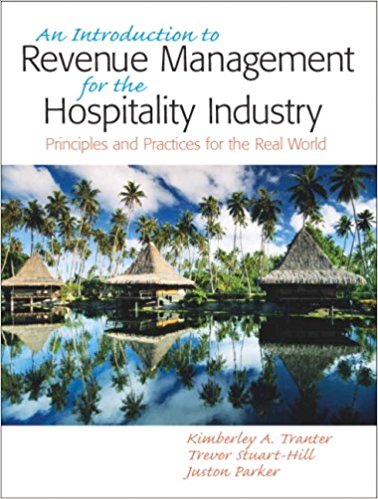
Do you love air travel? We didn’t think so. As much as we love visiting relatives or destination vacations, most of us look at air travel as an inconvenience, at best. For kids, the routine annoyances of airports and airplanes can be even harder to tolerate. There’s rushing around, waiting in line, standing still, sitting still, cramped quarters, and a tiny airplane bathroom with a frighteningly loud-flushing toilet. It’s no wonder that traveling with kids doesn’t tend to bring out the best in any members of the family.
Fortunately, as a parent, you know how well a little thoughtful planning can smooth over bumps in any new experience. We’ve collected the 50 top tips, tricks, and products that make traveling with kids a calm and painless process. We’ve rounded up innovative ways to pack, bright ideas for regulating electronics, motion sickness remedies, comfort items, battery-free entertainment options, and even a few tips to help your kids stay on their best behavior. Read on and fly happy.
Packing Up
Travel Tips for Successful Preparing and Packing
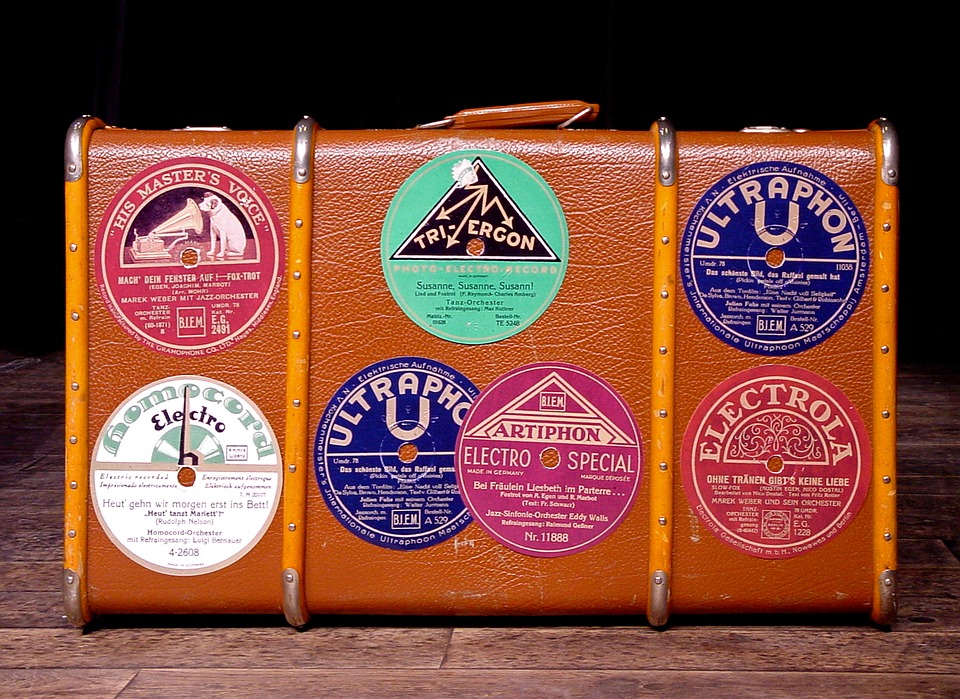
Parents know that preparing is essential for anything new or challenging. Sometimes that means over-preparing. Sometimes, that even means considering the worst-case scenario. Before traveling with kids- especially on their first flight- take your time to plan, purchase, and pack all the items that will keep them calm, quiet and comfortable.
- 1. Bring it all, but not all. That is, aim to bring all the essentials, plus enough treats and emergency items to get you through. Make a checklist so you won’t be caught short. On the other hand, the last thing you want is to be bogged down with excess luggage, or have to rummage in an overstuffed bag for that much-needed pacifier. The best solution? Take a lot of items but downsize each as much as possible. Pull out a few coloring book pages to bring along instead of the whole book. Stash just a few baby wipes in a ziplock bag. You can always buy more at your destination.
- 2. Divide and conquer. Put everything that’s not needed for the flight, valuable, or irreplaceable in your checked bag. If possible, check your bag(s) curbside so you won’t have to haul them through the airport.
- 3. Max out your carry-ons. Policies vary, but most airlines require parents to purchase a separate seat for kids 2 and older. Your toddler may not be old enough to haul around a carry-on, but one is included with his or her seat, so take advantage of your “extra” bag by packing an additional tote.
- 4. Prepare for the unexpected. When flying with kids, always anticipate travel snafus. Checked luggage sometimes gets lost- don’t pack that favorite teddy bear in a checked bag. Flights get delayed, sometimes overnight- don’t pack only enough diapers for your planned flight.
- 5. Enlist the kids. Kids ages 3 and up should be able to participate in packing. Give them a gallon-size ziplock bag and allow them to fill it with items they want to bring with them when they travel.
- 6. Load them up. Kids ages 3 and up should be able to wear a backpack to tote their own snacks and small toys through the airport. Bonus: very small kids can wear a backpack harness to avoid getting lost in a crowded airport. There are a number of cute backpack harnesses with animals and popular characters available.
- 7. Be full of surprises. Before flying with kids, drop $10 at the dollar store on little throwaway surprises, like fake tattoos, stickers, silly putty, and trading cards. Dole them out periodically over the course of the flight or as needed.

Eating Well
Travel Tips for Keeping the Family Fed

Gone are the days of free hot meals and little bags of in-flight peanuts. If you want to keep your kids happy, comfy and quiet, you’ll need them hydrated and well-fed. Whether you’re a health-conscious family or a family of Cool Ranch Doritos aficionados (we don’t judge!), you’ll need to prepare accordingly.
- 8. Pack smart. Put some extra thought into your airplane snack bag. Don’t pack messy food, smelly food, or favorite treats that might not sit well on a queasy stomach.
- 9. Downsize. Buy “fun size” packs or put small amounts in disposable containers. Pack a sanitizing wipe and napkin (or three!) in each snack bag. Generally, it’s best to avoid foods that require utensils, since there’s a lot more potential for mess.
- 10. Find balance. If you’ll be flying with your kids through lunchtime, aim to pack a real meal, like a sandwich or wrap. Even if they’ll just be snacking, opt for a couple of items with protein and/or fiber. An apple is a great choice- oranges require peeling and bananas tend to get squashed. A Babybel cheese or almond butter packet packs a protein punch and requires no cleanup.
- 11. Use a spoonful of sugar. Even if you generally avoid candy, it can’t hurt to pack a couple of sweets “just in case.” That lollipop could be a magic bullet if your child becomes airsick, frightened, or cranky.
- 12. Prepare for security. Formula and breast milk will be subject to additional screening by TSA at the security checkpoint. Yogurt, applesauce, and drink boxes aren’t allowed through airport security, and will need to be purchased by the departure gate.
- 13. Spills happen. Pack a change of clothing at the bottom of your carry-on. You probably won’t need to dig it out, but you’ll know it’s there in case you do.
- 14. Bag it up. You and your kids don’t want to sit in a pile of wrappers and cups waiting for the flight attendant to come around collecting trash. Save a couple of folded-up plastic grocery bags to collect trash as you go.

Going Electric
Travel Tips for Using Electronics

The American Academy of Pediatrics has been pretty clear in their guidelines for kids and electronics: less is more. That being said, we don’t fly with our kids every day, or even every week. And, if you’re traveling for a vacation, they won’t be playing the iPad once your family arrives at Disneyworld, Grandma’s house or the beach. Consider this a chance for them to take the edge off of the discomfort of traveling by indulging a little.
- 15. Protect your assets. You probably already have a sturdy case for your tablet, phone or gaming devise. If you don’t, now’s the time to invest in one that can survive the jostling, bumps and slips that accompany an airplane flight with kids. The gold standard is still the almost-indestructible Otterbox Defender. At $50-$80, it’s not cheap, and at 13 ounces, it’s not slim or lightweight. But if you’ve ever suffered a cracked screen mid-flight, you’ll find it worth the investment. Want something lighter? Fractus Learning has a great list of kid-friendly cases. Look for a case that has screen protection as well as a shell, and can be used as a stand as well.
- 16. Protect their ears. Adult headphones can be uncomfortable for kids, and can be turned up loud enough to actually damage a child’s hearing. A good pair of headphones designed for kids will fit snugly and comfortably, and will have a pre-set or adjustable decibel limit. Most are inexpensive ($13 and up), and should be sturdy enough to survive your travels. Lifewire has a good list of the Best Headphones for Kids of 2018.
- 17. Try a headband. Ear buds seldom work out for kids 5 and under- they tend to fall out or make their ear canals uncomfortable. Headphones, can be a good option, but may be too bulky and awkward for the youngest set. Headband earphones, though are cozy, thin, washable, and travel-friendly. We like CozyPhones ($22), which have cute designs and volume control.
- 18. Beware the battery. The power of a tablet or smartphone to calm and entertain is almost magical. The last thing you want is to lose that magic mid-flight due to battery power. Worse still, after a couple of hours of Angry Birds, you could arrive at your destination without sufficient power left on your phone to make necessary calls. Be sure everything is charged up, and bring a portable external battery for charging on-the-go.
- 19. Class App. Kids eventually get saturated by playing their favorite recreational games. Cue the boredom and complaining. Mix up the virtual “junk food” with a little fun learning by establishing a 15/15 rule: for every 15 minutes of just-for-fun games, they have to play an educational game. The iTunes store is bursting with instructional mobile games for every subject and age level, and some of them are so cool, you’ll want to jump in and play along. We love the top educational app lists posted by Common Sense Media.
- 20. Debut a new movie. Gifting your kid a new movie or app can inject some novelty and fun into a long, dull flight. You can surprise them with a new movie or app of your choosing or allow them to pick one ahead of time on the iTunes store.
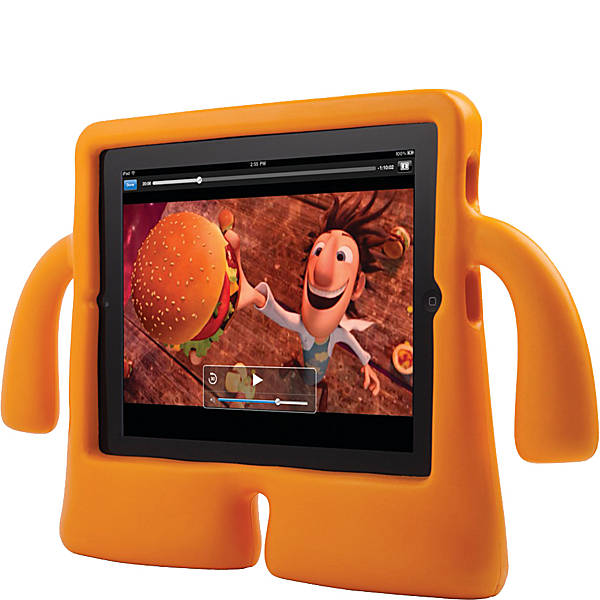

Staying Busy
Travel Tips for Entertaining Kids

There are plenty of ways to keep the kids busy apart from screen time. There are only so many hours of movies and apps that a kid can handle, and devises can’t be used during takeoff and landing, or while moving through the airport. For that reason, you’ll want to have a few other tricks up your sleeve.
- 21. Bust out activity books. It’s hard to imagine a more perfect kids’ travel resource than Little Dover Activity Books. Pocket-sized, weighing almost nothing, and costing as little as $1.50, they’re packed with puzzles, mazes, art games and activities. Hit older kids with a geography challenge or try alphabet mazes for little kids. There are Celtic, butterflies, and dinosaurs temporary tattoos, or stickers of snowflakes, horses, and hummingbirds. At this size and price, you can buy a few.
- 22. Make a DIY travel kit. You know your child best, so assemble a little bag of activities that will interest them. A few crayons and coloring book pages are a great start- try these free printable kids coloring pages from Crayola. Add some stickers, crossword puzzles, or Write and Wipe Games to Go for a personal fun kit.
- 23. Get a BusyKit. No time to assemble a travel craft kit? Keep Smiling makes a kids travel activity kit called “MyBusyKit”. The clear, zippered mini-tote contains a paper journal, activity pad, washable markers, crayons, wooden craft, tape measure, safety scissors (that do cut paper), fuzzy coloring, sticker activity (play passport), finger puppet, and inflatable globe.
- 24. Pair them up. Get siblings involved in a game of Mad Libs or Loaded Questions and they’ll be cracking one another up in no time.
- 25. Just imagine. Get your imagination going with an old-fashioned game of pretend. Bake a cake, go fishing, or act out scenes from a favorite story- just don’t be afraid to get silly. Make-believe is alive and well.
- Guess again. Use your powers of deduction to play 20 Questions or Charades. Look around the cabin to play I-Spy. These spontaneous and hands-free activities can be great when you’re standing in line for security or waiting at baggage claim.
- 26. Play the classics. Tiny magnetic travel game boards allow you and your kids to play classic games like checkers, chess and Parcheesi. At $10 for 12 games, you can buy a bunch and rotate your options.
- 27. Get hooked on a podcast. There are great podcasts for kids aimed at every age, from serial mysteries to classic fairy tales. Check out this list of top picks from Common Sense Mediaand load up your kids’ playlist.
- 28. Get lost in an audiobook. Get your kid absorbed in a long-format book like Harry Potter or A Series of Unfortunate Events, and they’ll be entranced for hours. Common Sense Media curates a great list of kids’ audiobooks books for each age group.
Feeling Better
Travel Tips for Coping with Motion Sickness

“Mommy, I don’t feel good!” No parent traveling with kids ever wants to hear those words. We all know how unpleasant motion sickness feels, and how tough it can be to tolerate the nausea and dizziness that goes along with it. Fortunately, there are a few tips that can help prevent this harmless but very unpleasant experience, and a few kid-friendly tricks for helping too chase away air sickness if it occurs.
- 29. Use devises with caution. Sadly, watching in-flight movies, playing games and even reading can induce nausea in those prone to motion sickness. If your kid is susceptible, avoid or limit these activities. Instead, try audiobooks or music.
- 30. Snag the window seat. Looking out, even at the clouds, can help a child regain their equilibrium. Leaning up against the cabin’s wall can also help them relax when they’re not feeling well. A seat over the wing of the airplane has the least up-and-down motion, so look for this row when booking travel with kids.
- 31. Feed them.An empty stomach is better if a kid’s prone to nausea, right? Actually, pediatricians recommend settling a child’s stomach with a meal beforehand, and even using a small, bland snack to calm a queasy stomach.
- 32. …But feed strategically A small meal that’s easy to digest and contains protein and starch is best. Peanut butter on crackers is a good choice. If nausea does set in, try saltines, half a banana or other digestible foods.
- 33. Hydrate. A ginger ale or tonic water can be very soothing, but plain old water is also great. Dehydration worsens nausea, so don’t avoid fluids if your child’s stomach is upset while traveling.
- 34. Try acupressure. The jury’s out on the effectiveness of acupressure, but it certainly can’t hurt, and can at least give your child the comfort of taking action to help themselves feel better. Have your child press their thumb into the center of their wrist on the palm side and hold while breathing deeply. Acupressure wristbands are another option- they’re inexpensive, lightweight and reusable.
- 35. Give ginger a shot. Your child may not care for the strong and taste of ginger tea, but candied ginger or ginger chews can be just as effective. This botanical cure has been safely and effectively used for thousands of years. If your child hates spicy foods, though, skip this remedy- ginger can pack a bit of heat
- 36. Give them a lollipop. Actually, give them a Queasy Pop, an all-natural sucker infused with essential oils. This brand is popular with mothers suffering from morning sickness, and comes in a variety of classic flavors like strawberry and pineapple.
- 37. Medicate. Children’s Dramamine is highly effective in relieving motion sickness. Be aware that this medication does tend to produce drowsiness in many kids. For helping them rest on long, international flights, however, this side effect may be a bonus rather than a problem.

Setting Expectations
Travel Tips for Preparing Kids Ahead

Kids always do best when they know exactly what’s expected of them. Likewise, all the hustling, waiting, and sitting still that travel requires is easier to tolerate if kids know what’s ahead. Set clear expectations and involve them in the Big Picture, though, and they may surprise you with how well they can be a part of the travel team. Here are a few ways to arrive at their airport forewarned and forearmed.
- 38. Articulate the basics. When traveling, it’s extra-important for kids to kids to adhere to everyday expectations, like “stay close to me,” “keep track of your belongings,” and “follow directions the first time.” That’s not obvious to kids, though. In fact, the unfamiliar situation and confusion of travel can make it easy for them to forget those basic rules. Give a quick refresher on the way there.
- 39. Explain special airport rules. In addition to the standard rules, there are probably a few extra things you’ll need your kids to do to when traveling. Airports and airplanes involve seatmates, tray tables, tickets, baggage, security checkpoints, and all sorts of other things that they don’t interact with on a daily ba
sis. Be clear about your expectations in advance. - 40. Share the plan. Try sharing your itinerary ahead of time and involving your kids in the travel logistics. They can help you look for your departure gate, figure out whose boarding pass is whose, and search for your seats as you board. They will have a better understanding of what’s going on, which will reduce boredom and anxiety.
- 41. Sweeten the deal. A small reward for stellar behavior can be a big motivator for kids when traveling. If you make a point of delivering a treat at the arrival point, you’re likely to see a much better performance on the plane, especially if you make this a regular practice.
- 42. Keep the peace. Parents traveling with multiple kids have to content not only with each child, but also with the dynamics between them. Consider seating yourself between your kids if you expect squabbles.
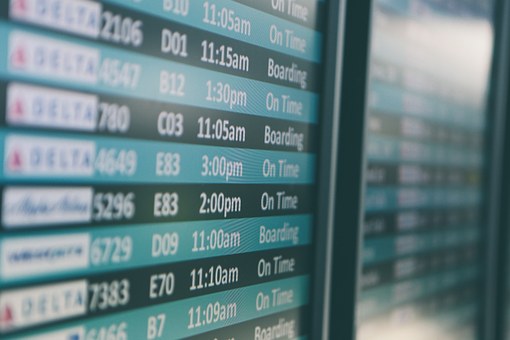
Making Yourselves at Home
Travel Tips for Getting Kids Comfortable
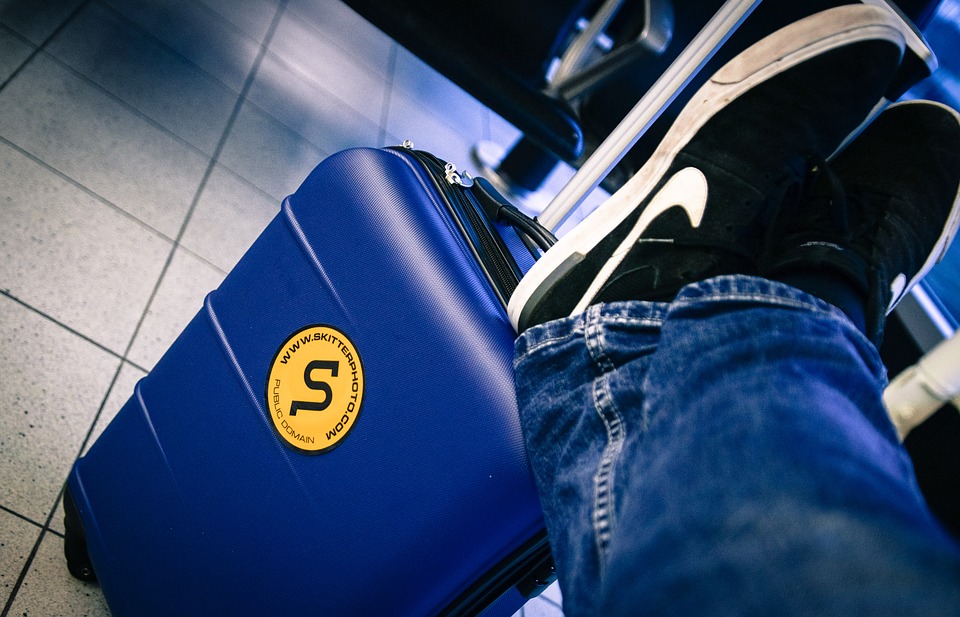
Unless you’re flying your whole family in First Class, you’re probably squeezing all of them into a crowded cabin, down a narrow aisle, and into small seats. The air quality, smoothness of the flight, smells, and sounds in a typical airplane can all be unpleasant. A few measures and inexpensive products can help your kids feel cozy in spite of their surroundings.







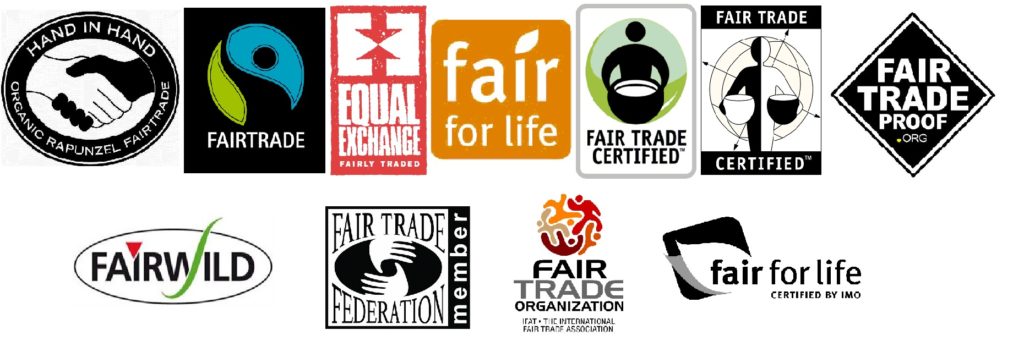
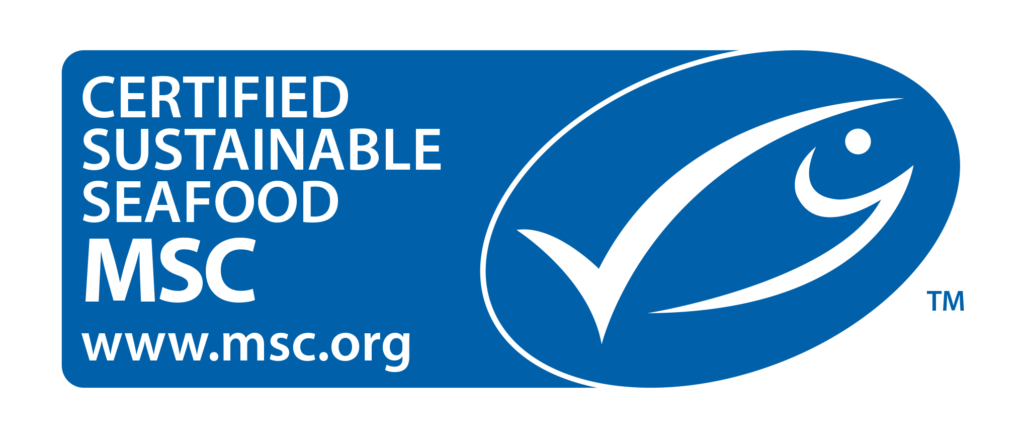



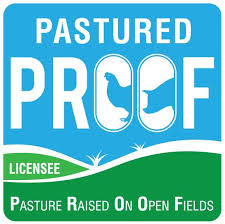
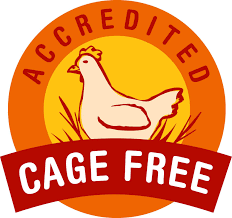
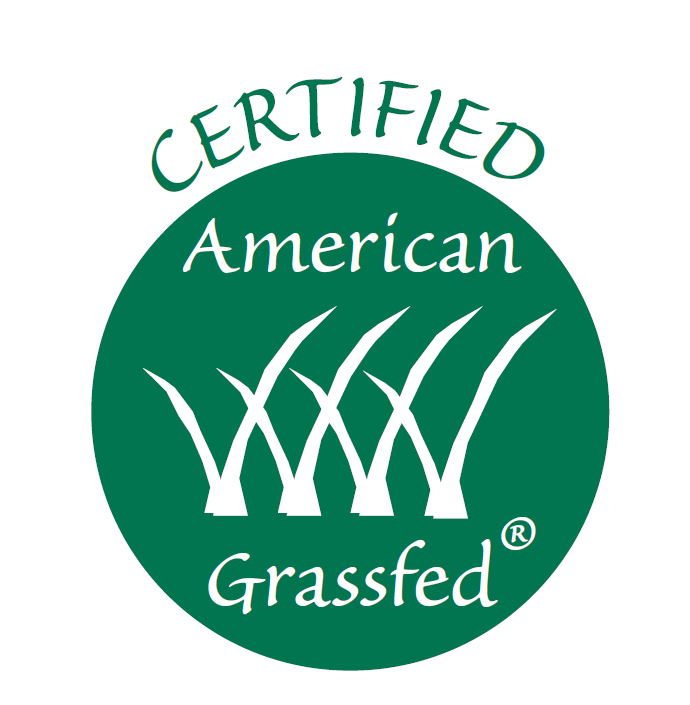





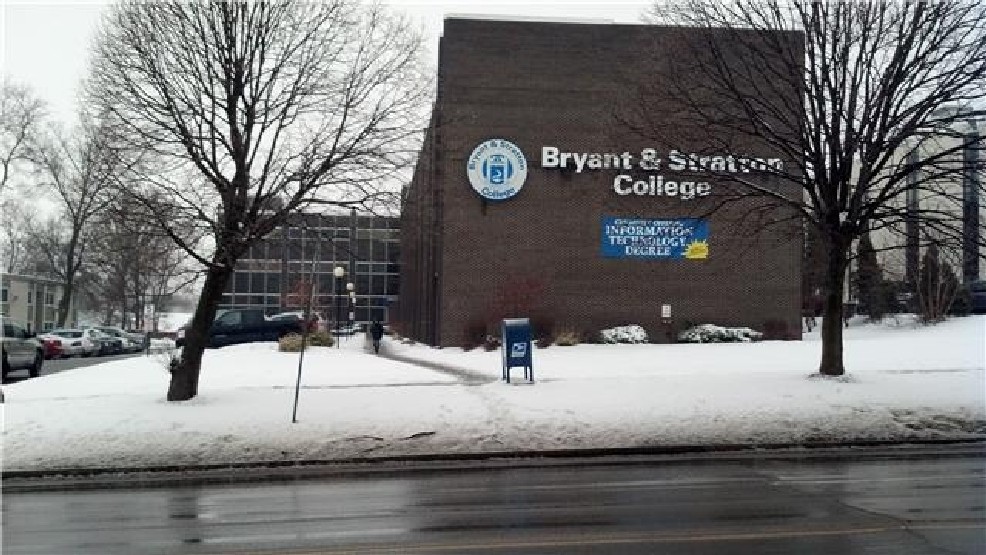
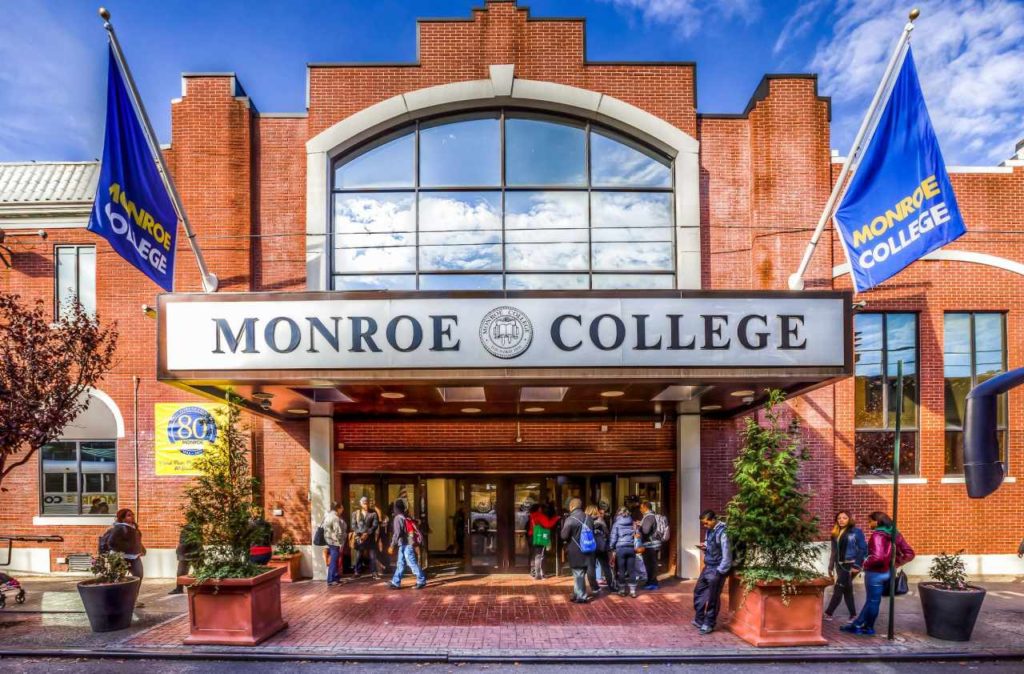



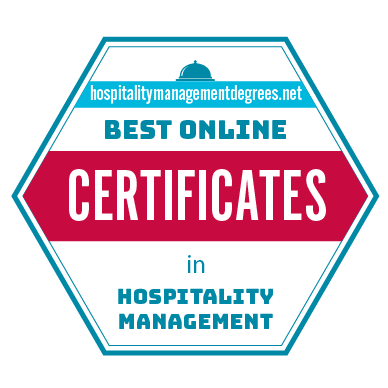 Graduate certificate programs are generally good fits for current professionals who don’t have time to return to school for a prolonged period, but who also believe some additional education would help them to move up the career ladder. Graduate certificates in hospitality management are also often offered on just one subset of hospitality management. So if you need graduate level courses in hotel management, but don’t need to learn about bar management, a graduate certificate might be a “better fit” than a full degree program. Graduate certificates often involve taking 3-5 accelerated courses. And often graduate certificates are either entirely online or just require 1-2 in-person meetings. Some of the best hospitality management schools in the world offer graduate certificates in hospitality management related disciplines, and for many of them they are their only online programs. This means that for many hospitality management professionals, one of the most practical ways to attend a world-class hospitality management program is to pursue a graduate certificate.
Graduate certificate programs are generally good fits for current professionals who don’t have time to return to school for a prolonged period, but who also believe some additional education would help them to move up the career ladder. Graduate certificates in hospitality management are also often offered on just one subset of hospitality management. So if you need graduate level courses in hotel management, but don’t need to learn about bar management, a graduate certificate might be a “better fit” than a full degree program. Graduate certificates often involve taking 3-5 accelerated courses. And often graduate certificates are either entirely online or just require 1-2 in-person meetings. Some of the best hospitality management schools in the world offer graduate certificates in hospitality management related disciplines, and for many of them they are their only online programs. This means that for many hospitality management professionals, one of the most practical ways to attend a world-class hospitality management program is to pursue a graduate certificate. 












